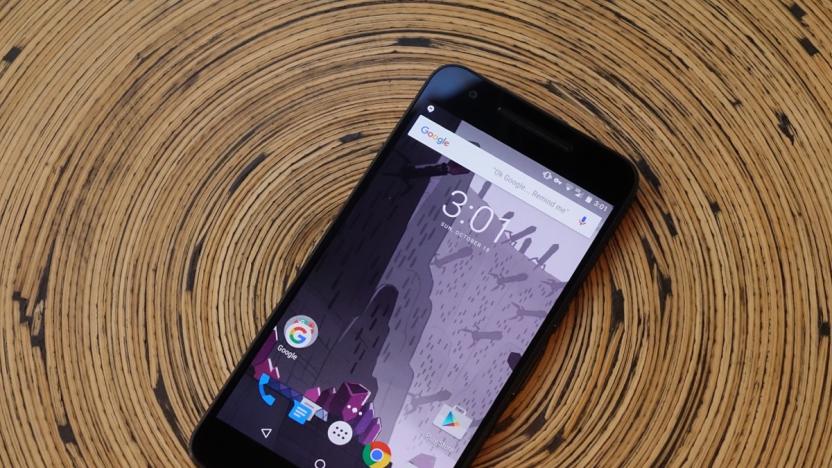bootloop
Latest

Google and Huawei will pay Nexus 6P owners for battery woes
Did your Nexus 6P get stuck in boot loops and randomly shut down due to battery issues? If so, you might be in line for some cash. Google and Huawei have reached a preliminary agreement to settle a class action lawsuit with compensation for owners of the Android reference phone. Provided the court approves the settlement on May 9th, anyone who bought the 6P from September 25th, 2015 onward will be eligible for as much as $400 if they provide documentation. Those who already received a Pixel XL as part of a warranty exchange can only qualify for a maximum of $10.

Lawsuit takes aim at Google, Huawei over Nexus 6P battery issues
A federal class action complaint has been filed accusing Google and Huawei of fraud, breaching warranty and improperly handling customer complaints after a number of Nexus 6P smartphones unexpectedly shut down and became trapped in "boot loop" cycles. The suit was filed in the United States District Court for the Eastern District of Texas, and it claims Google and Huawei have never publicly admitted there were issues with the Nexus 6P, even while they continued to sell the phone.

Owners of bricked G4 and V10 phones sue LG
It's been years since LG's G4 and V10 smartphones launched, but the people burned by a flaw that made those devices non-functional haven't forgotten. Four G4 and V10 owners filed a class-action lawsuit against LG earlier this week, alleging that the company "was aware, or reasonably should have been aware" of a hardware flaw that would force those two smartphones into a "boot loop" -- a state of endless rebooting that basically made the devices bricks. The filing (obtained by Ars Technica) goes on to say LG failed to make customers whole again by refusing to perform repairs or offering those customers refurbished units that were as prone to boot loop syndrome as the devices sent in for repair in the first place.


